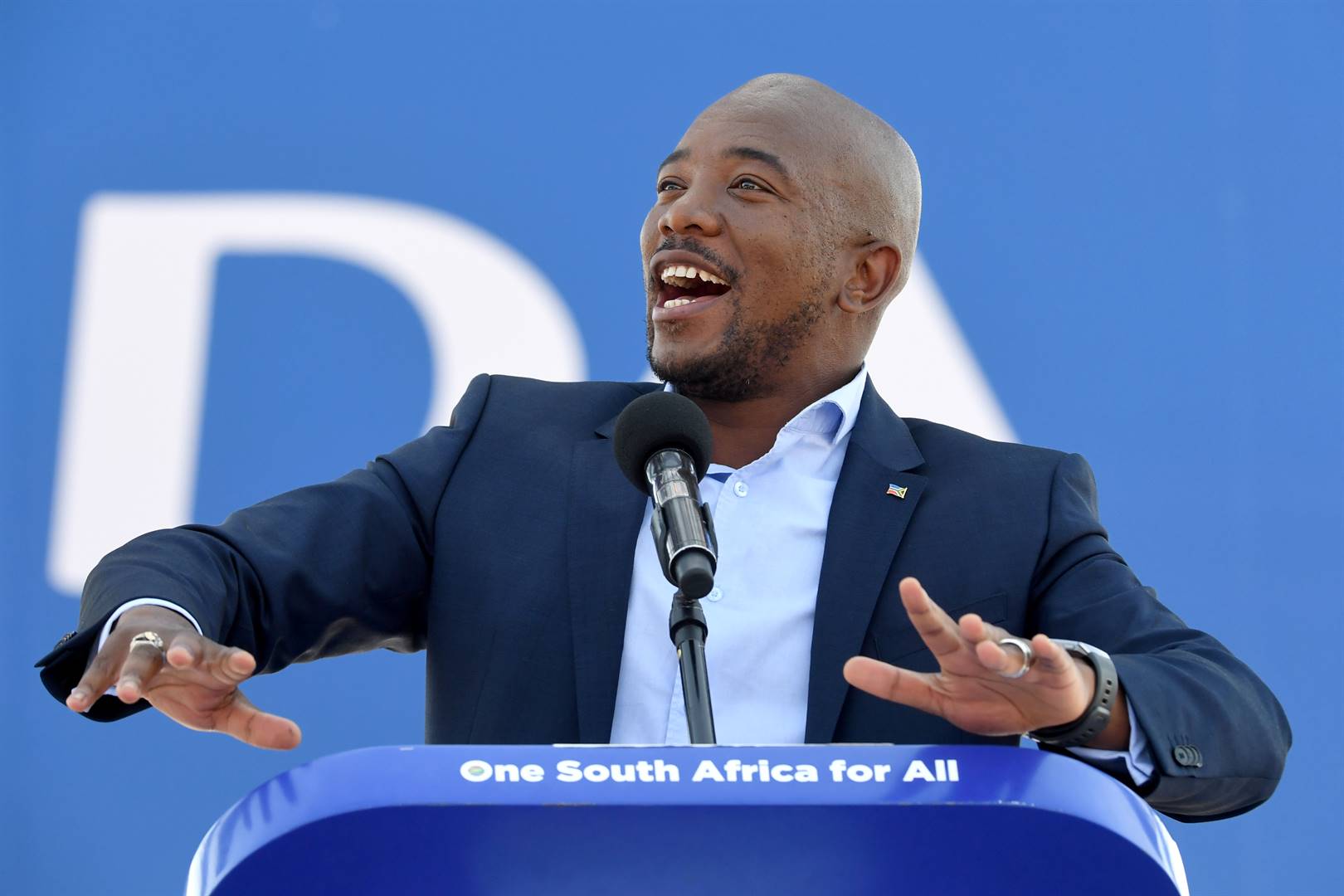
Last month, former DA leader Tony Leon berated current party leader Mmusi Maimane for having asked Public Protector Busisiwe Mkhwebane to investigate President Cyril Ramaphosa over the Bosasa donation to the CR17 campaign and related matters.
Leon’s remarks came just a month after Mkhwebane made adverse findings against the president.
He chastised Maimane for accepting the findings “at face value”.
Maimane lodged the complaint in terms of the Executive Members’ Ethics Act, while another came from EFF Chief Whip Floyd Shivambu.
Leon, who in December 2017 tweeted that he knew of a property owner who allegedly donated some R30 million towards the CR17 campaign and that the generous donor might have had second thoughts after Ramaphosa made known his views on the expropriation of land without compensation, was echoing the sentiments of his successor, Helen Zille.
Speaking to the Cape Town Press Club in July, Zille told journalists that Maimane should not have turned to the Public Protector about the president’s indiscretions.
But Leon’s own utterances should not be taken at face value.
Along with Zille, he commands a lot of influence and thus his views have what it takes to shape the perceptions of large sections of the population.
Any effort on his part to create doubt in the minds of the public about a Public Protector report would certainly find favour with a section of society.
This may explain why certain people in political circles, civil society, the media and the public at large have seemingly adopted the ill-conceived position that public accountability must be administered selectively.
This disturbing trend, which first emerged when Mkwhebane directed that steps be taken to claw back the R1.125 trillion in interest owed for the illegal loan given to Bankorp by the SA Reserve Bank in the twilight days of apartheid, appears to be aimed at projecting certain institutions and members of the executive arm of government as winged and haloed.
According to this twisted view, allegations of wrongdoing against this apparently virtuous lot must be summarily discarded even when the law dictates otherwise.
If you dare to go against the grain, as Mkhwebane did, you are seen as scuppering the clean-up of state-owned enterprises, undermining the fight against corruption.
You are vilified as a governing party factionalist, hellbent on targeting those bringing about reforms and stability in public sector governance systems.
For that, you must be branded incompetent and hounded out of office.
Unfavourable review decisions against some of your findings are brandished as proof of your ineptitude.
That you are not the first Public Protector to have the courts find against you is conveniently thrown out the window.
Incidentally, the rumpus over investigations into Bosasa and the so-called SA Revenue Service rogue unit, among others, comes at a time when Mkhwebane is conducting provincial workshops about the executive code of ethics.
“The code expects you to act like saints,” she told the premiers of Limpopo, the Eastern Cape and KwaZulu-Natal.
Indeed, the code holds elected officials to angelic standards.
For instance, it has provisions that prohibit Cabinet members at national and provincial level from undertaking any other paid work, exposing themselves to any situation involving the risk of a conflict between their official responsibilities and their private interests, or using their positions or any information entrusted to them to enrich themselves or improperly benefit any other person, among other things.
. Out of the entire arsenal of governance and oversight institutions in the public sector, only the Public Protector must receive complaints about breaches of the code of ethics, which is a creature of the EMEA.
. Only parliamentarians or legislators can lodge complaints of alleged breaches of the code and, on receipt of the complaints, the Public Protector must investigate and conclude such probe within a month.
From the outside looking in, a regular member of the public would no doubt see a Public Protector who has entered the political arena doing the bidding of the opposition and rushing to conclude an investigation at the expense of complaints lodged by ordinary people.
Unfortunately, self-serving politicians, who know better, opportunistically fan the flames of these misconceptions.
After this comes the name-calling, the insults and threats of impeachment.
The pertinent question is: How should members of the executive – who have a constitutional duty to assist and protect the Public Protector to ensure its independence, impartiality, dignity and effectiveness – deal with the institution’s findings?
Perhaps we must look to former president Nelson Mandela for moral guidance.
Despite his occupation of high office, he submitted himself to accountability processes when he took the witness stand in the Pretoria High Court on the matter brought by the SA Rugby Football Union.
“Even when his own supporters saw his appearance in court as humiliation, president Mandela was not offended. Instead he saw his attendance of the proceedings as a sign of respect for the administration of justice,” Mkhwebane said.
It is going to be important for the public to read Mkhwebane’s reports, the EMEA and the code for themselves, rather than relying on propaganda from the likes of Leon and Zille.
They will then realise that the Public Protector merely played the hand she was given.
She did not go around canvassing opposition politicians for the complaints that led to the findings she is being lambasted for, but was approached in terms of the law and entertained the complaints as the law requires.
During the investigations, she came across overwhelming evidence of wrongdoing, tested it and proceeded to make findings before taking what she deemed appropriate remedial action.
Any other rational Public Protector faced with the same facts, evidence and circumstances would have undoubtedly arrived at the same conclusions.
Segalwe is spokesperson of the Public Protector




 Publications
Publications
 Partners
Partners









